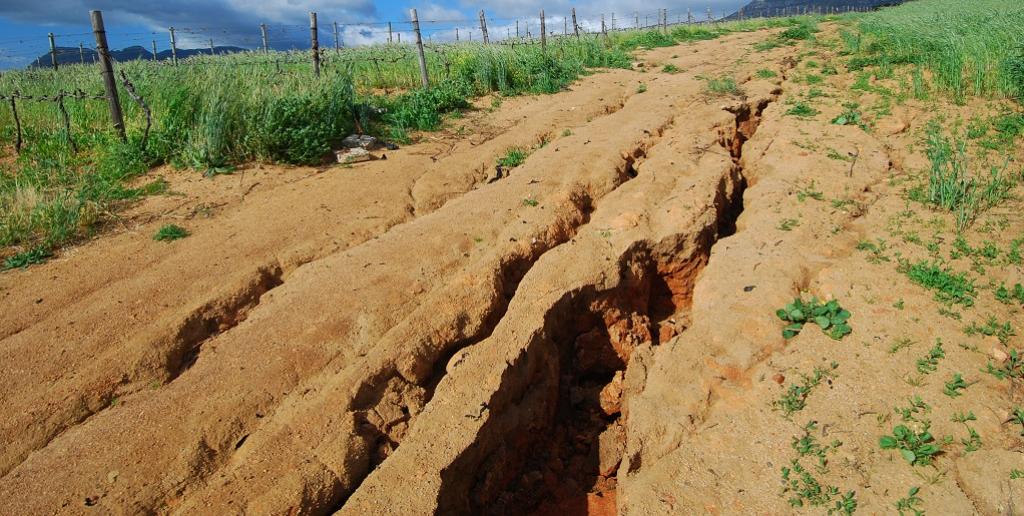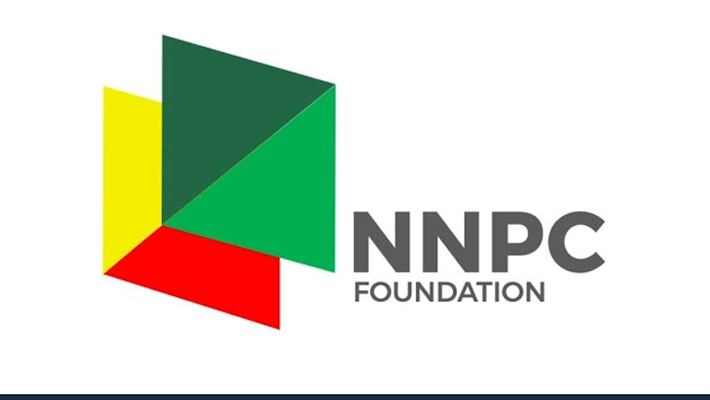The Minister of State for Environment, Dr. Iziaq Salako, has disclosed that the benefit of Nigeria’s biodiversity is estimated to be over $8bn annually.
The minister disclosed this on Wednesday during the observance of the World Environment Day Commemoration in Abuja.
He noted that Nigeria’s biodiversity is a global public good that has value for the entire world, emphasizing the need for the country to take the lead in efforts to galvanize world attention to Nature-Based Solutions(NBS) to land degradation and desertification.
“NBS are interventions that use nature and the natural functions of healthy ecosystems to tackle some of the most pressing challenges of our time.
“They address key societal challenges through the protection, sustainable management and restoration of both natural and modified ecosystems, benefiting biodiversity and wellbeing. NBS is a vital tool for tackling climate change, nature and biodiversity loss, pollution and waste. It is a cost-effective pathway to our drive for generations restoration,” he said.
Also speaking at the event, the Minister of Environment, Balarabe Lawal, said Nigeria is making significant progress in addressing land degradation and desertification.
He stated that initiatives like the Great Green Wall Project (GGW), Nigeria Erosion and Watershed Management Project (NEWMAP) and Agro-Climatic Resilience in Semi-Arid Landscape (ACResal) are projects being taken by the government to restore degraded landscapes, promote sustainable land management practices and enhance the resilience of communities to drought and desertification.
“We also have strengthened partnerships with local communities, civil society organizations, and international partners to mobilize resources and expertise towards reviving our lands, ecosystem and the environment in general,” he said.
He however stated that despite a lot that has been done towards restoration of the environment, much work still needs to be done.
“ As we commemorate World Environment Day today, let us recommit ourselves to the goal of accelerating land restoration, enhancing drought resilience, and combating desertification.
“This requires concerted efforts of all stakeholders, including Government Agencies, Private Sector, Academia, and Civil Society Organizations (CSO’s). Air, water and soil pollution poses severe threats to public health and the environment.
“To attain environmental sustainability, we must strengthen pollution control measures and promote sustainable waste management practices. Our efforts to reduce plastic waste and encourage recycling must be intensified at all levels,” he said.
He lamented that Nigeria, like many other countries around the world, is facing significant environmental challenges ranging from deforestation, unsustainable land management practices and the adverse impacts of climate change.












